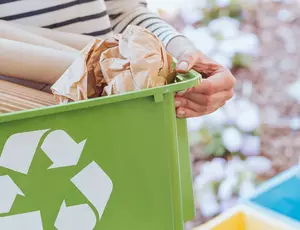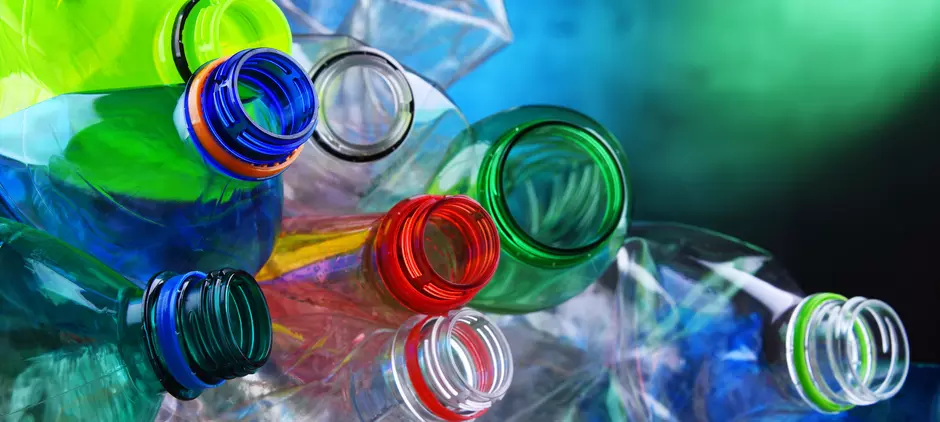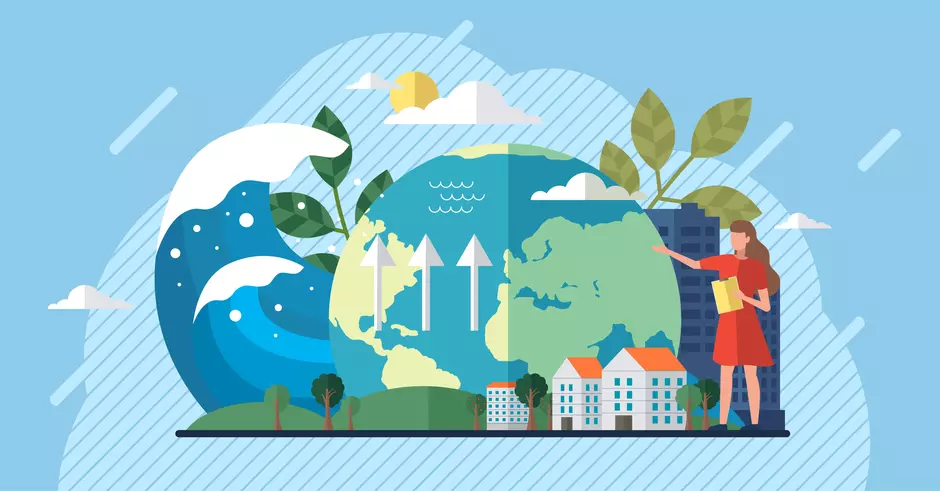In the past few weeks, the second round of consultations has been published for the Department for Environment, Food and Rural Affairs (DEFRA)'s Resources and Waste Strategy. Read on for key points from the consultations, as well as other key policy highlights from the past month:
Resources and Waste Strategy
DEFRA's strategy puts forward proposals to launch a Deposit Return Scheme (DRS) and Extended Producer Responsibility (EPR) system in the UK over the next few years, with the expected implementation of a DRS now late 2024 and the expected implementation of EPR in 2023. Regarding the DRS, the government is currently consulting on whether the scheme will apply to all plastic containers up to three litres or just those up to 750ml; mandatory labelling for items that fall under the scheme; retailers' obligations to accept returned items and more.
Key details being consulted on by the government relating to a UK-wide EPR scheme include recycling targets; governance, monitoring and enforcement of the scheme; modulated fees based on the recyclability of packaging, and more. Powers to implement both a DRS and EPR system will be legislated for in the Environment Bill, which is expected to gain Royal Assent in autumn this year.
Waste
To mark Global Recycling Day on 18th March, DEFRA published its Waste Prevention Programme, which includes new proposals covering eco-design, textiles and furniture. The department is also looking at the next steps for reducing tobacco litter in England, namely making tobacco companies responsible for the cost of the litter created by cigarette butts.
Elsewhere, the Scottish government has announced a £70 million recycling improvement fund to support Local Authorities to improve recycling infrastructure. The Welsh government has also focused on improving recycling, by publishing a summary of responses from its consultation on increasing business recycling. The responses will inform the development of legislation, which is expected to take effect from October 2021.
Hydrogen
Hydrogen was high on the agenda in March, with the Department for Business, Energy and Industrial Strategy (BEIS) unveiling plans for the UK's first hydrogen transport hub. The House of Lords Science and Technology Committee is conducting an enquiry into the possibility of using hydrogen to decarbonise industry, as well as battery and fuel cell technologies, whilst climate think-tank E3G has published a report exploring the use of hydrogen.
Net Zero
BEIS has announced its Industrial Decarbonisation Strategy, which sets out plans to ensure that industrial emissions fall in line with the government's 10 Point Plan for a green industrial revolution. The government has also announced that it is not taking forward the Carbon Emissions Tax, in light of the news that it would implement a UK Emissions Trading System. This is to replace the UK's participation in the EU Emissions Trading System.
Policy Highlights: February/March 2021
Find out the key policy highlights from February and March so far, from the budget and beyond.
Supporting businesses to adopt a circular economy
Eliminating single-use plastics has been high on the sustainability agenda in the UK for a while now, with items like plastic straws and cotton buds being banned in the last couple of years.
Making the circular economy SIM-ple for the mobile industry
The circular economy aims to turn all waste products into a resource, but the full potential of the circular economy model is really demonstrated when old items are given new life in the most unexpected of ways.
Valuing Water: Making water work for your business
This year’s World Water Day encourages us to explore our thoughts about 'what water means to you' - we know that water is an essential resource for all businesses to some degree, but it is especially important for those who use it in production.







